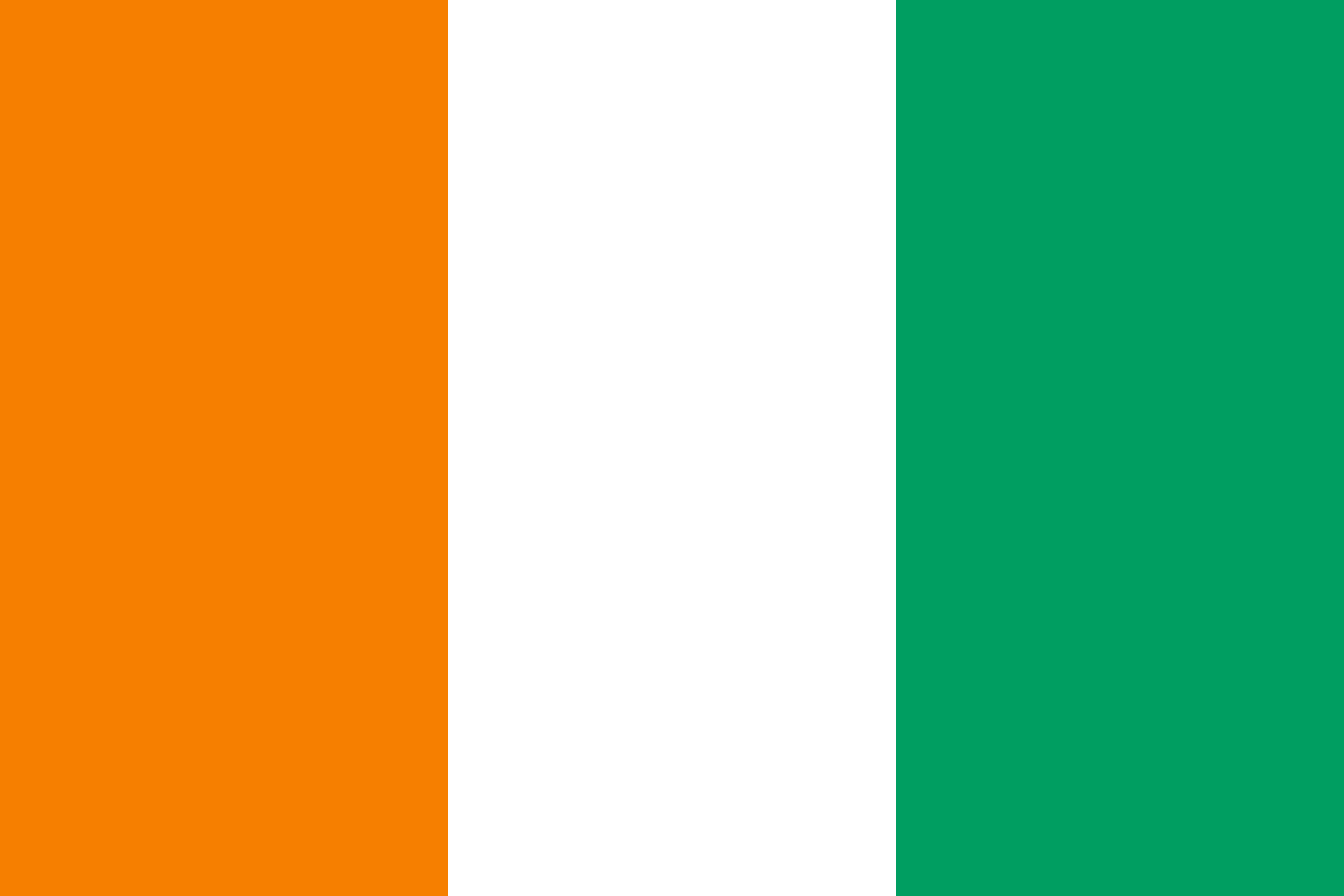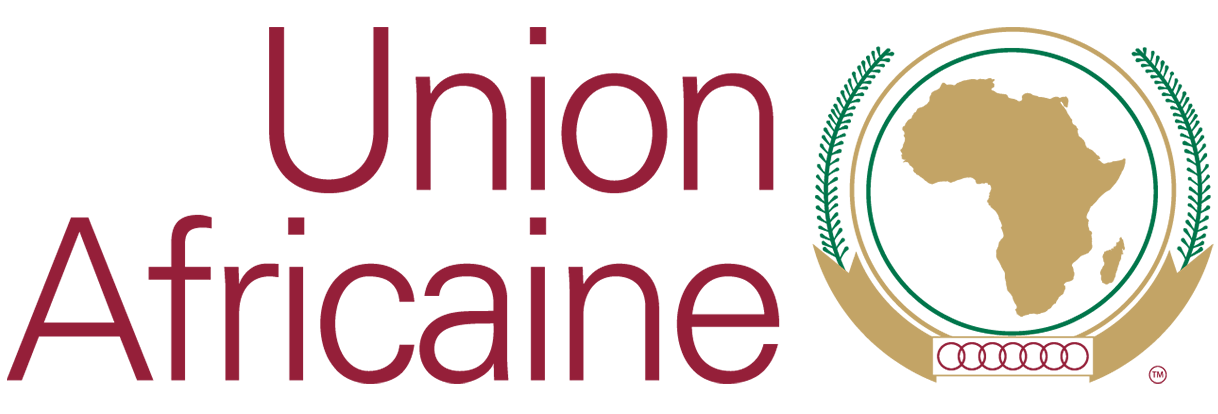- Investment/Business Opportunities: Côte d’Ivoire is among Africa’s fastest growing economies and is the largest economy in francophone Africa. Côte d’Ivoire has a relatively well-developed energy (6 hydroelectric dams and 4 thermal power plant), road infrastructure, the second-largest port in West Africa, and a modern airport with a national airline that serves all of the major capital cities in the region as well as a strong agricultural sector. Perhaps best known as the world’s leading cocoa exporter, Côte d’Ivoire also exports cashews, coffee, palm oil, cotton, and rubber, making it the 4th largest exporter of goods in sub-Saharan Africa. The development of new gold mines in recent years in the central and northern areas of the country has also contributed to national economic growth.
- Tourism: The number of tourist arrivals in Côte d'Ivoire reached 4.2 million people in 2019. There are 14 protected areas across the country, six of which are nature reserves and eight are national parks including the Comoé National Park and Taï National Park, which are UNESCO World Heritage sites and biosphere reserves. Travellers can visit the Yamoussoukro Autonomous District, the Basilica of Our Lady of Peace and the protected wildlife park Abokouamékro, and see the Baoulé masked dancers of the Goli society in the town of Kondeyaokro; the Kabadougou Region, where the Samatiguila religious site is located; the Poro Region, rich in culture and handicrafts; the San Pedro Region, which is a popular seaside retreat.
Republic of Côte d'Ivoire
Last Update : fév 16, 2026

- KEY FACTS
- Capital city : Abidjan
- Independance Day: août 07, 1960
- Date of joining OUA or AU:



